Sexual arousal can feel terrifying when it happens in the context of POCD. Learn how to understand this nuanced phenomenon.
Updated: August 28, 2023
What is POCD?
Pedophilic obsessive-compulsive disorder (POCD) is a term used for obsessive-compulsive disorder when the primary symptom is obsessions around pedophilia.
Why Does the Arousal Happen?
Attention and Arousal
Let’s do an experiment. For the next sixty seconds, focus as hard as you can on trying to detect if you feel a tingling in your left hand around your knuckles. If you don’t detect anything after five seconds, keep at it! You’ve got 55 seconds to go.
By paying intense attention to a specific aspect of our sensory experience, we undermine our brain’s ability to distinguish tingling from its absence. In this exercise, many people find that they do, in fact, experience tingling. Does that mean something was happening in their left hand? No — it involves attention and perception more than anything physical.
The same kind of phenomenon can happen with sexual arousal. People with POCD are often on the lookout for signs that they are attracted to children. It can become a habit for them to “check” for sexual arousal many times a day — sometimes hundreds of times. Paying such heightened attention to this aspect of our sensory experience can create the illusion of a sexual response, which heightens anxiety. This anxiety then exacerbates existing POCD symptoms, creating a vicious cycle.
Sometimes, however, arousal in POCD is not an illusion.
Arousal Nonconcordance
What is the best indicator of how much we want something? What we say. Our verbal report may not be the perfect indicator, but it’s the best we have. The best sign that a child wants a specific toy is the child saying, “I want that toy!” The best way to know if your friend likes artichokes is to ask him.
Physiological sexual arousal, if one attempts to categorize it, falls somewhere between an expression of desire and a physical reflex. It’s not quite either. Sometimes people feel sexual arousal for someone and it’s not reflected in a genital response. Sometimes people have a physiological (genital) response and they do not feel desire. This is a known and researched phenomenon called arousal nonconcordance. When we associate something with sex, that can be sufficient to create some genital arousal even in the absence of sexual desire. So how does this relate to POCD?
People who suffer from POCD are often quite consumed with the fear that they are attracted to children. An unintended side effect of this fear is that they come to associate children with sex and sexual desire — even though they don’t have this desire. Thus, because of their association with sex, children can become triggers, or cues, for unwanted arousal in those with POCD.
How to Deal with POCD Arousal
Sexual arousal in POCD is a very challenging issue for those who suffer from it. Like other forms of OCD, it can lead to clinical depression. If you are in a position to get professional help coping with this issue, then do. The clinical directory at the International OCD Foundation is a good resource for finding a therapist who will be experienced with this issue.
The first step in getting help from a trained OCD therapist will be doing an evaluation. This is a difficult step to complete without a therapist. Many people with POCD are skeptical that they have the condition. Often they are more convinced that they are, in fact, pedophiles. Other times they conclude the problem is a medical one such as Persistent Genital Arousal Disorder (PGAD). (Of note, PGAD also involves arousal nonconcordance, described above.)
If you have POCD and work with a therapist experienced with exposure and response prevention (ERP) therapy, they will work with you to examine the meaning you attribute to the arousal symptoms. OCD, especially for those who suffer from intrusive thoughts, involves making negative interpretations of thoughts, images, or impulses — impulses that people without OCD would not make. Through ERP you can learn to practice reserving judgments about sexual sensations and arousal. The treatment can be powerful and has helped many people overcome POCD.
Note: this and all articles on manhattanCBT.com do not constitute healthcare treatment or personalized advice. Please consult a professional for recommendations specific for you.
Subscribe to the Manhattan Center for Cognitive-Behavioral Therapy blog!


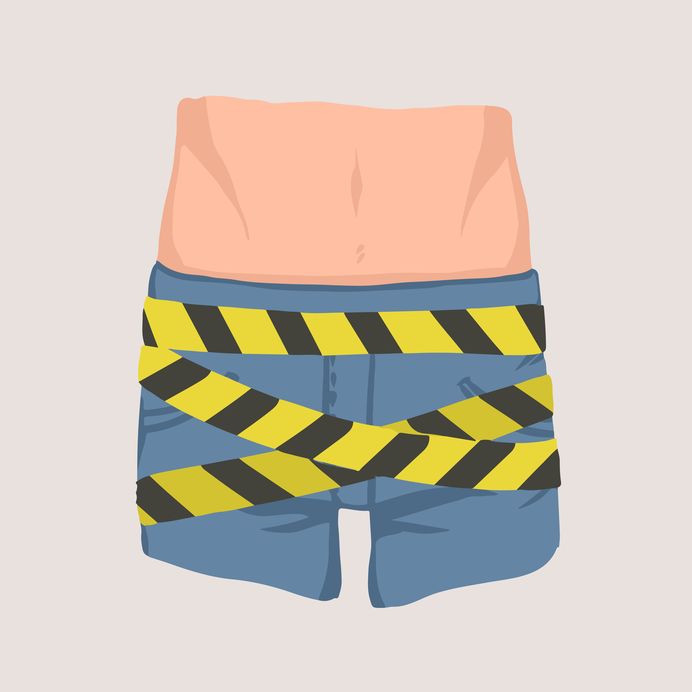
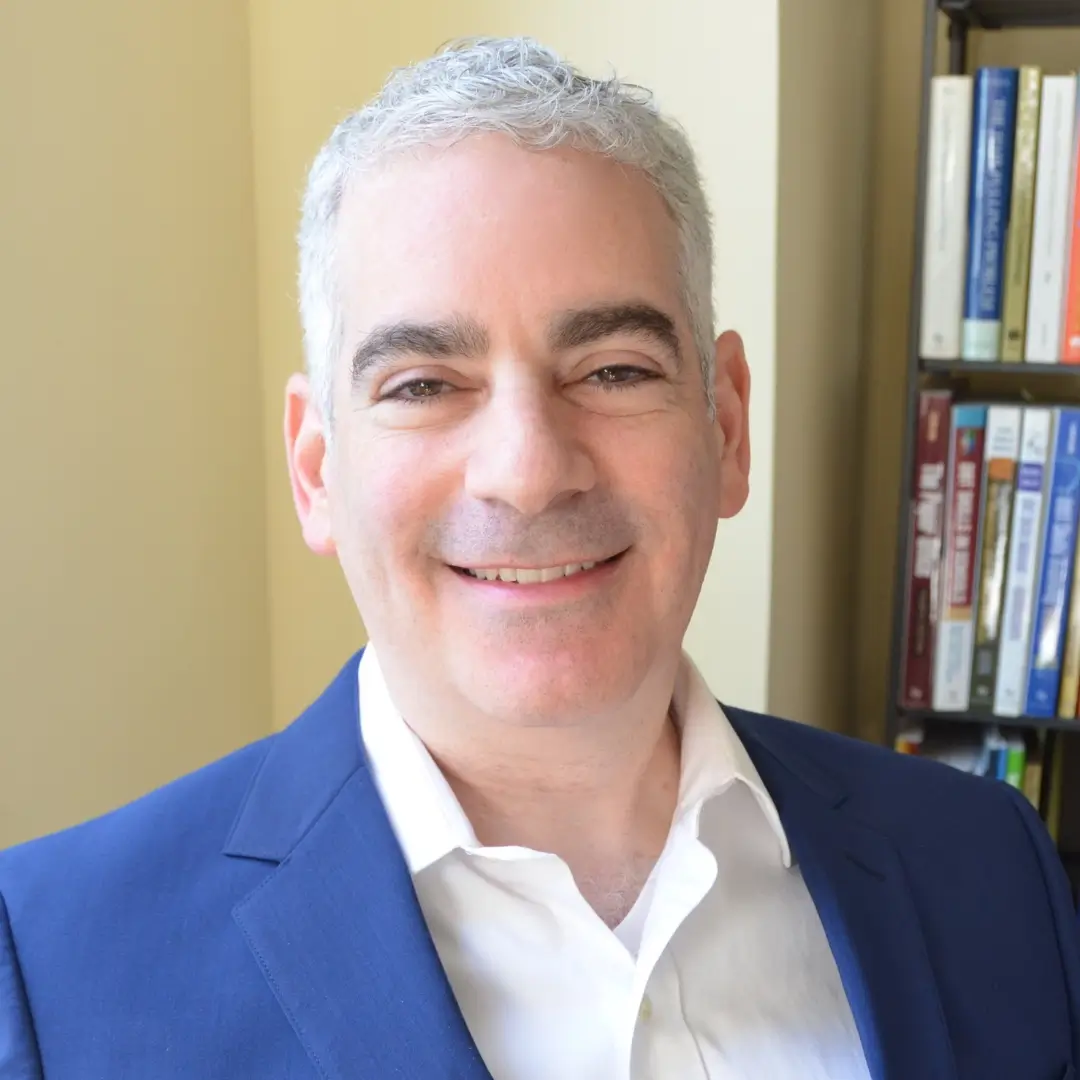


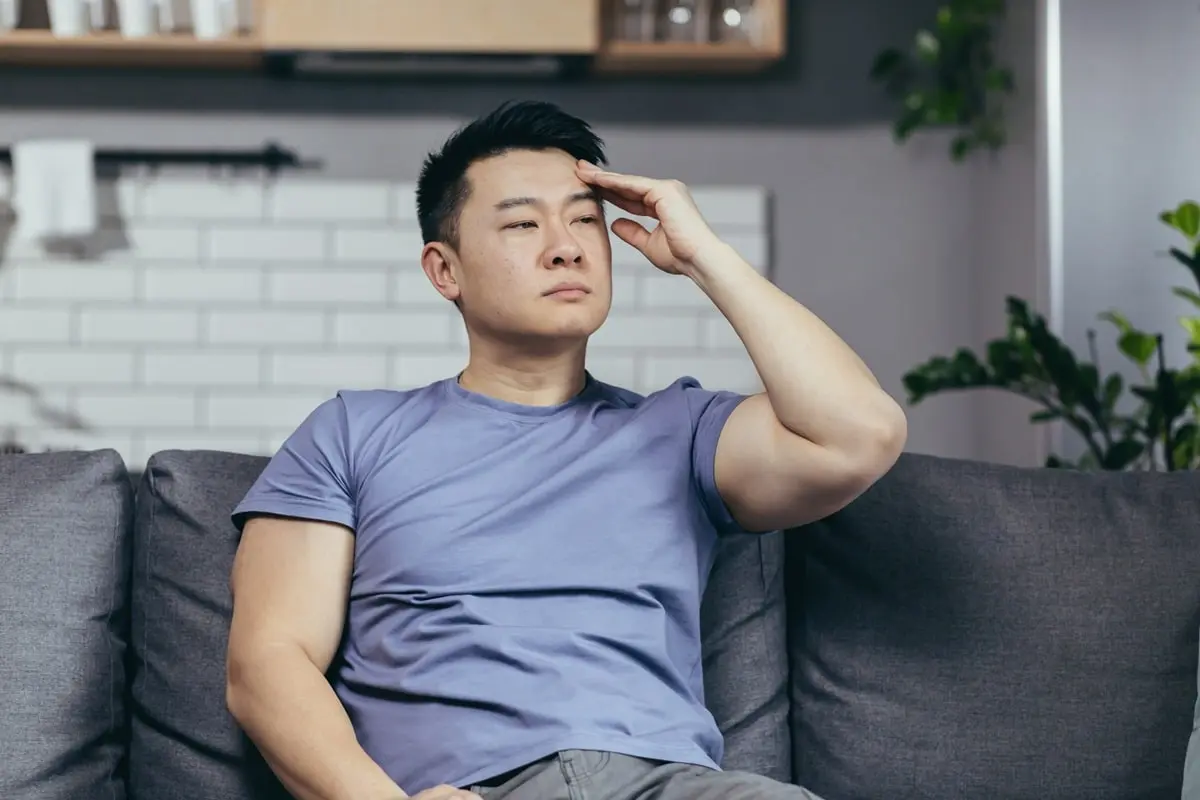

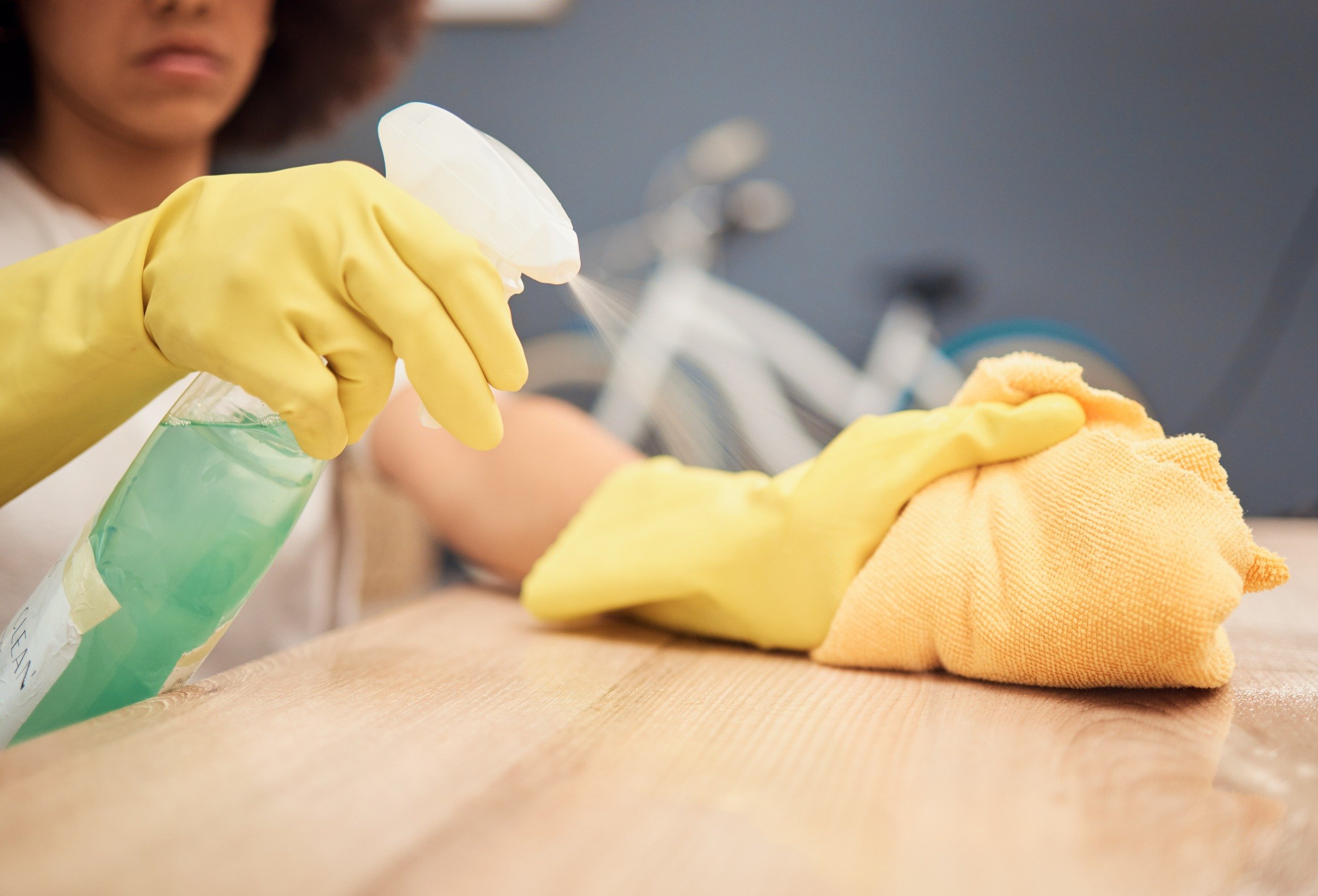
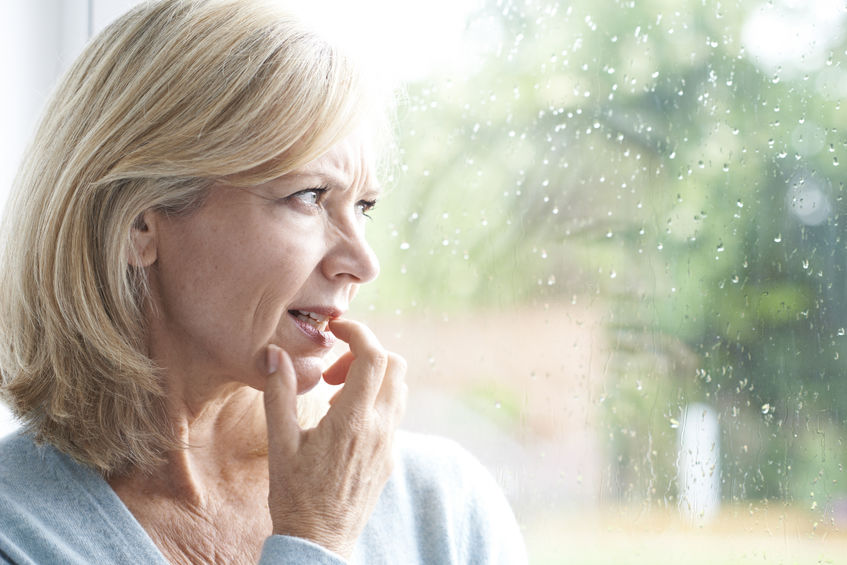
1 Comment